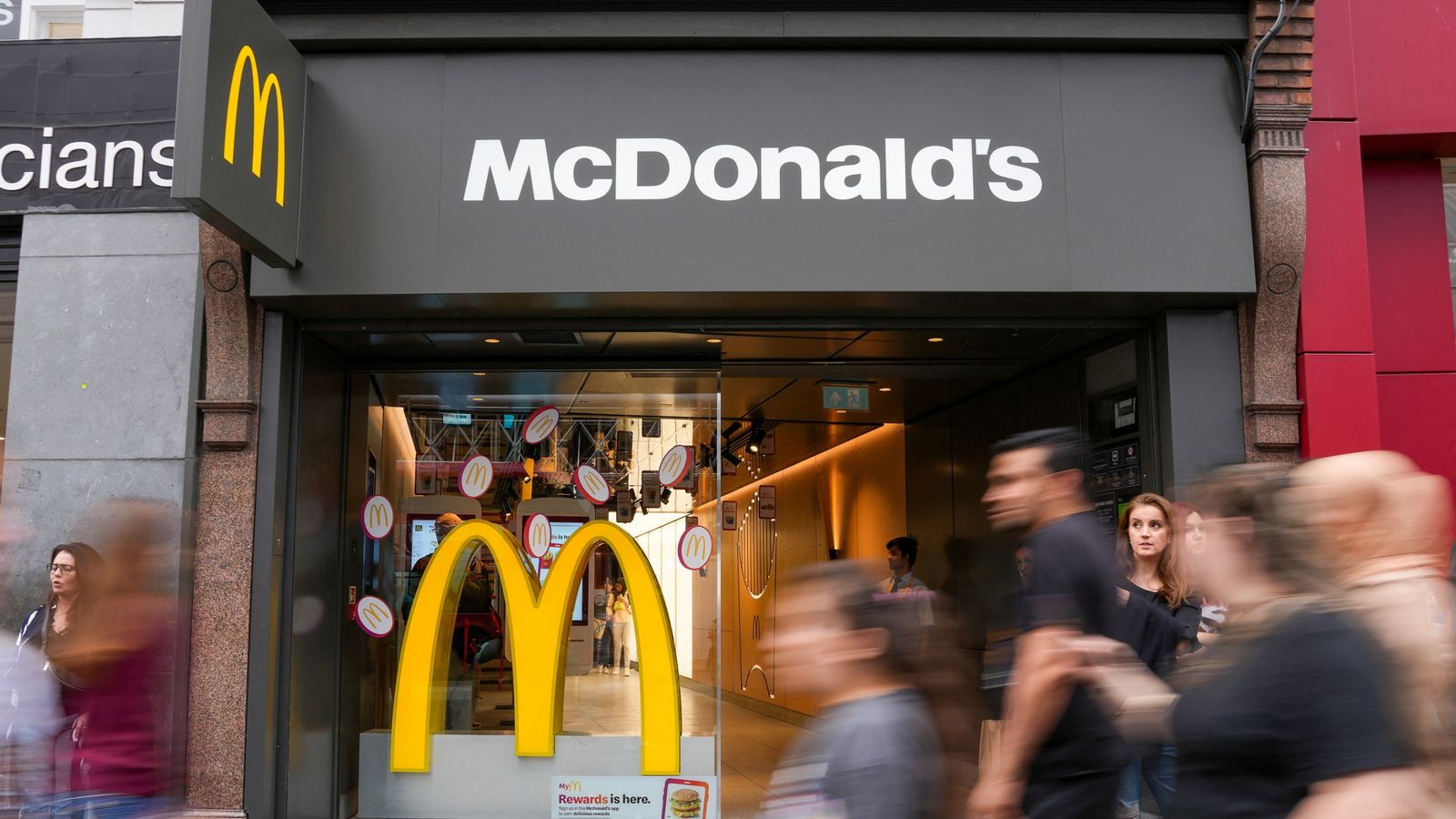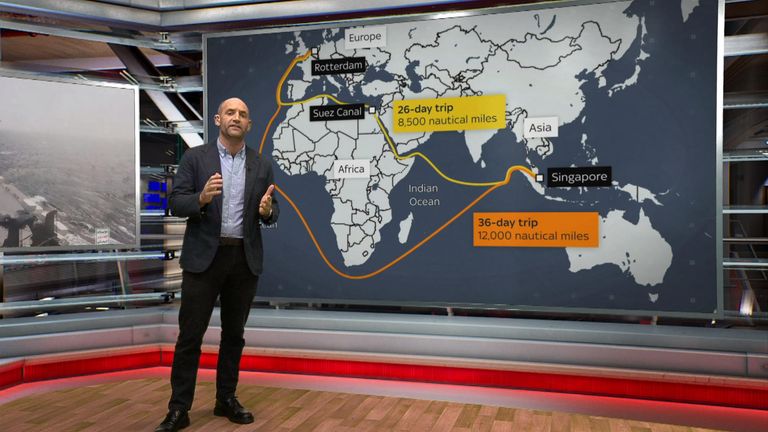The chief executive of McDonald’s has revealed the company has suffered a “meaningful business impact” following controversy surrounding the Israel-Hamas war.
Chris Kempczinski said the fast-food giant had been negatively affected in both Middle Eastern markets and “some outside the region” following calls for a boycott of the chain.
It comes after a row in October when McDonald’s Israel announced it had donated thousands of free meals to Israel Defence Forces (IDF) troops involved in the conflict.
The move sparked a furious backlash from critics of Israel’s military action in Gaza, including calls from some for a consumer boycott.
McDonald’s franchises in Saudi Arabia, Oman, Kuwait, the United Arab Emirates, Jordan, and Turkey also issued statements distancing themselves from the move, with many of them pledging aid to Gaza.
At the time, sources at the company’s US headquarters were keen to keep out of the controversy by stressing its franchises were independent businesses licensed under the McDonald’s brand.
Writing on Linkedin on Thursday, Mr Kempczinski blamed both the war and “associated misinformation”, saying: “We abhor violence of any kind and firmly stand against hate speech, and we will always proudly open our doors to everyone.”
He added: “I also recognise that several markets in the Middle East and some outside the region are experiencing a meaningful business impact due to the war and associated misinformation that is affecting brands like McDonald’s.
“This is disheartening and ill-founded. In every country where we operate, including in Muslim countries, McDonald’s is proudly represented by local owner operators who work tirelessly to serve and support their communities while employing thousands of their fellow citizens.
“That local community connection is the genius of the McDonald’s System.”
Mr Kempczinski did not go into details of how the company had been affected.
Read more from business:
Money latest: Mortgage price war ‘likely’
Interest rate hikes ‘net positive’ for economy
Pepsi faces supermarket boycott
However, last month McDonald’s Malaysia blamed a boycott from pro-Palestinian activists for a dip in its profits, which it said had resulted in closures and job cuts.
It came as the company announced legal action against Malaysia’s Boycott, Divestment and Sanctions campaign over social media posts which urged consumers to avoid the fast-food chain over Israel’s “genocidal war”.
In October, McDonald’s Israel also hit out at “false information” as it denied on social media that it had been supporting Palestinian organisations.
It wrote on social media that more than 100,000 meals had been given to “all those who are involved in the defence of the state, hospitals, and surrounding areas”.
As well as boycott calls, McDonald’s has also been hit by protests, while live rodents were thrown into at least two McDonald’s branches in Birmingham in incidents apparently linked to the row.
According to figures from 2022, McDonald’s franchised and operated more than 40,000 branches in over 100 countries, reporting a total annual revenue of $23bn (£18bn) for the year.
The fast-food firm is among a string of companies to be hit by controversy related to the war, including cosmetics retailer Lush and clothing chain Zara.
The conflict has also had an impact on shipping in the Red Sea following attacks by Houthi rebels in Yemen.
It comes after around 1,200 people were killed when Hamas attacked Israel on 7 October, according to the country’s officials.
Since then more than 22,400 people have been killed by Israeli forces in Gaza, according to its Hamas-run health ministry, amounting to almost 1% of the region’s population of 2.3 million.

